In the dynamic world of South African women’s football, Rebecca Joy Adams stands out as a beacon of promise and determination. As the sport continues to gain momentum and recognition, Rebecca’s journey serves as a testament to the remarkable strides made within the women’s game in South Africa. Rebecca is one of South Africa’s most promising footballers, with the growth of women’s football over the past few years.
In this candid interview with Nounouche Magazine, Rebecca shares her experience of playing overseas, growing up, and her plans for the future. No stone is left unturned as she gets real about what is going on in the women’s game.
In 2023, Rebecca was playing in Brazil and decided to come back home to re-evaluate her plans for 2024. She describes coming home as a step in the right direction.
While speaking about her first time in Brazil, she shares that it was wonderful to experience the different cultures that the country has to offer. “I couldn’t believe it when I heard that I was going to Brazil. How could I, as a kid from Elsies River, get an opportunity like that?” Rebecca shares as she
explains the first time she heard that she would be going to Brazil for football.
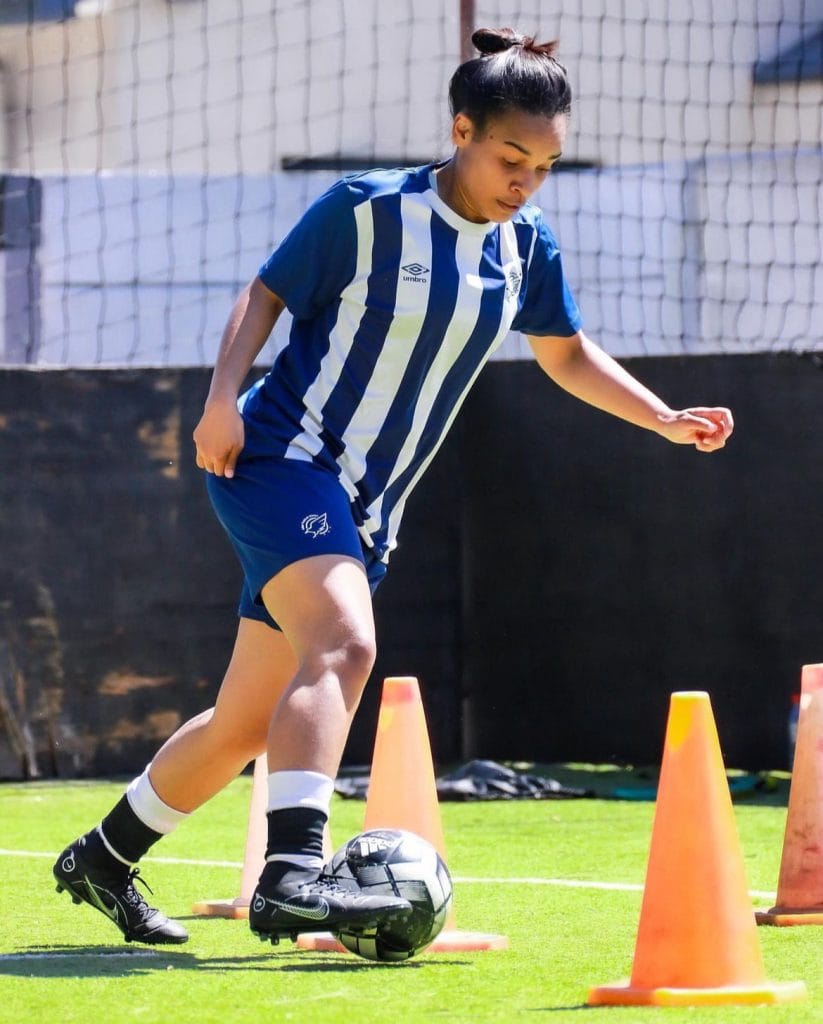
It didn’t take long for reality to kick in, and Rebecca then started to understand that she got this opportunity because of the hard work she has put in so far. “I didn’t really have any expectations of myself when I headed to Brazil for the first time. I think that because of the type of person that I am,
the expectation was the same as when I was playing in America. I just wanted to give my best,” Rebecca openly shares as she speaks about the expectations of playing in Brazil, a country known for producing some of the world’s best footballers in both the men’s and women’s game.
Rebecca goes on to further explain the differences in how the preparation is done overseas compared to South African football, “There are a lot of different aspects. The first one being the grassroots level of football. Overseas, they have about six tournaments that teams from U12 to U20
can be a part of, which is a system that I think works. The tournaments are also supported by FIFA, which means that players will be developing from a young age. Their ball control, technique, and skills will all be worked on, which is important for the development of any player. For example, a
person aged 16 in South Africa might have less technical ability than their age mates in Brazil or America. The only reason is because of the lack of access to proper training facilities and coaching. The second difference I noticed is the coaching style and the way that the youth teams train. The
first 15 minutes would be warm-ups, the next 30 minutes will be ball control or fitness. The third session will be coordination, and the fourth session will be the implementation of the game. In America, it’s the same. Overseas, you train the way in which you are going to play. In South Africa, that is not something that we do. You have about 5 seconds on the ball when you are playing overseas while in South Africa you have 10 seconds. When playing abroad, you have to look up and know where your players are. The game is so fast-paced, and you’re playing with the best in the world as well.
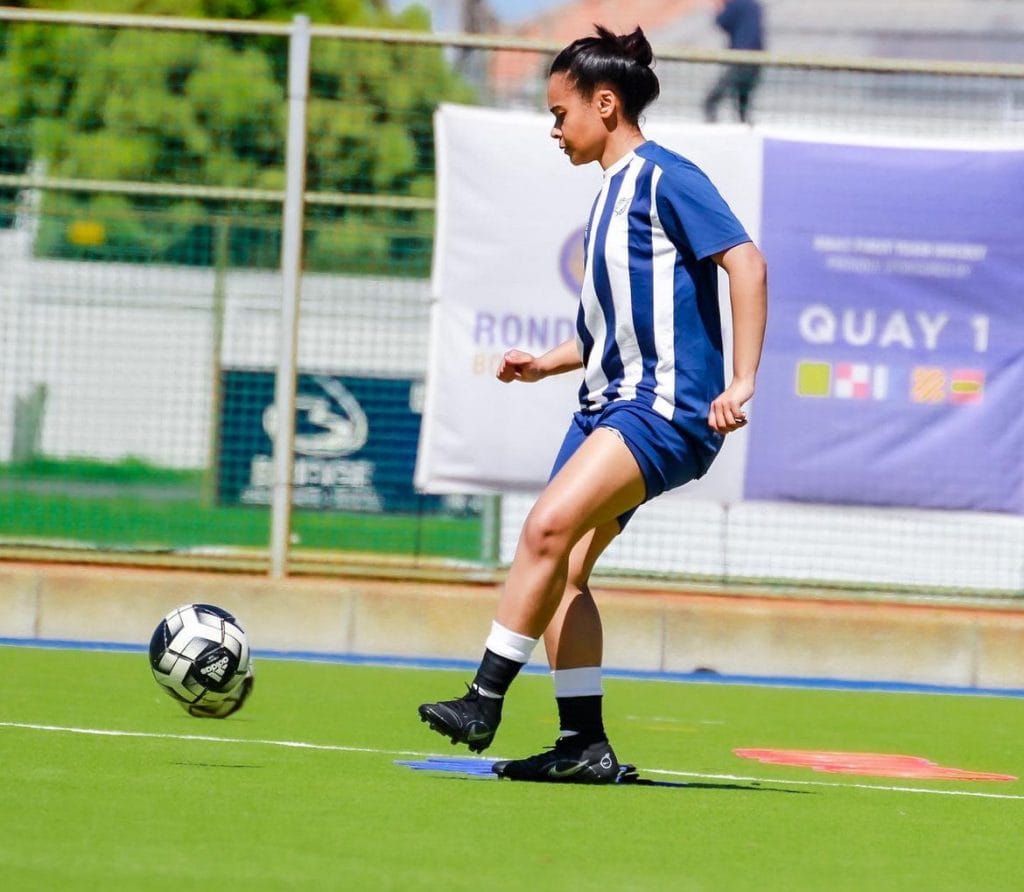
Recalling her most difficult opponents, Rebecca shares that in America, the toughest team that she came up against was the Tyler Junior College, and in Brazil, it was Sport Club Corinthians Paulista, also known universally as Corinthians. Although she hasn’t played actively in South Africa for four
years, she says that the strongest team that she played against was the UWC women’s team and Vasco da Gama, which are teams that she played for.
Adapting to different cultures was not difficult for Rebecca to do. “I am a very shy and honest person. When I got to Brazil, I just needed a week to settle in. The girls made it really comfortable for me because we were like a family. It was very easy for me to adapt and play the Brazilian style of
football. It was important for me to learn to play the Brazilian way as well,” she adds.
When asked if she could explain the Brazilian way of football, Rebecca said that it’s just about controlling and holding the ball but, most importantly, entertaining your fans. There was a big emphasis on playing for the team, she explains. The current state of women’s football in South Africa is not where it should be when you compare it to their male counterparts. A lot of work still needs to be done in the development of younger footballers outside of the business of football, which includes marketing.
Rebecca gives her insight and shares what she thinks needs to be done in order to help women’s football in South Africa. “I think more sponsors and having more investors are very important. Another thing is marketing. A lot of players don’t market themselves. That is because of a lack of sponsorships. Once you have sponsors and let’s say you’re playing in the Coke Cup and you have Samsung sponsor you, then Coke will continue to promote their product and the team that is playing. In every match in Brazil, the games that we played were live-streamed. Photographs were
taken of each team, having the days each team was playing, and it would get updated. There was really an effort put into capturing women’s football, which is something that I think we should do better in South Africa,” she adds as we end our interview.
Now back in Brazil once again, Rebecca will be wearing the colours of Aljariri Football Club as she looks to inspire the next generation of footballers coming out of Elsies Rivier and the rest of South Africa. Rebecca Joy Adams’s journey through football is not just about personal achievement; it’s a testament to the evolution of women’s football in South Africa. Her journey is not just about chasing success but about reshaping the landscape of women’s football, one match at a time.



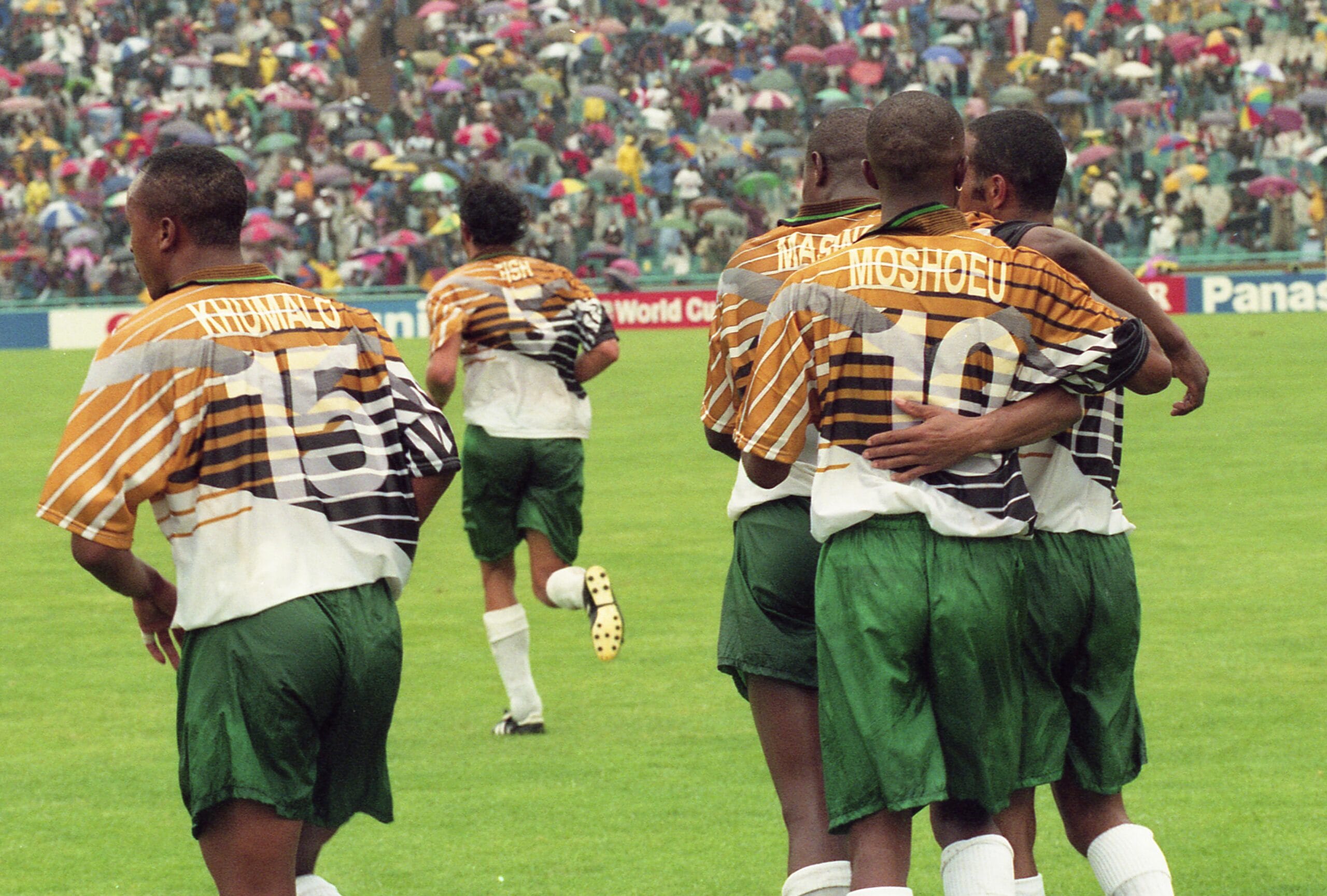
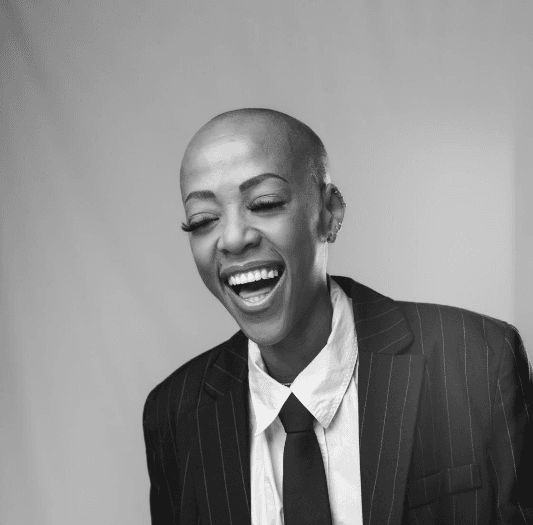
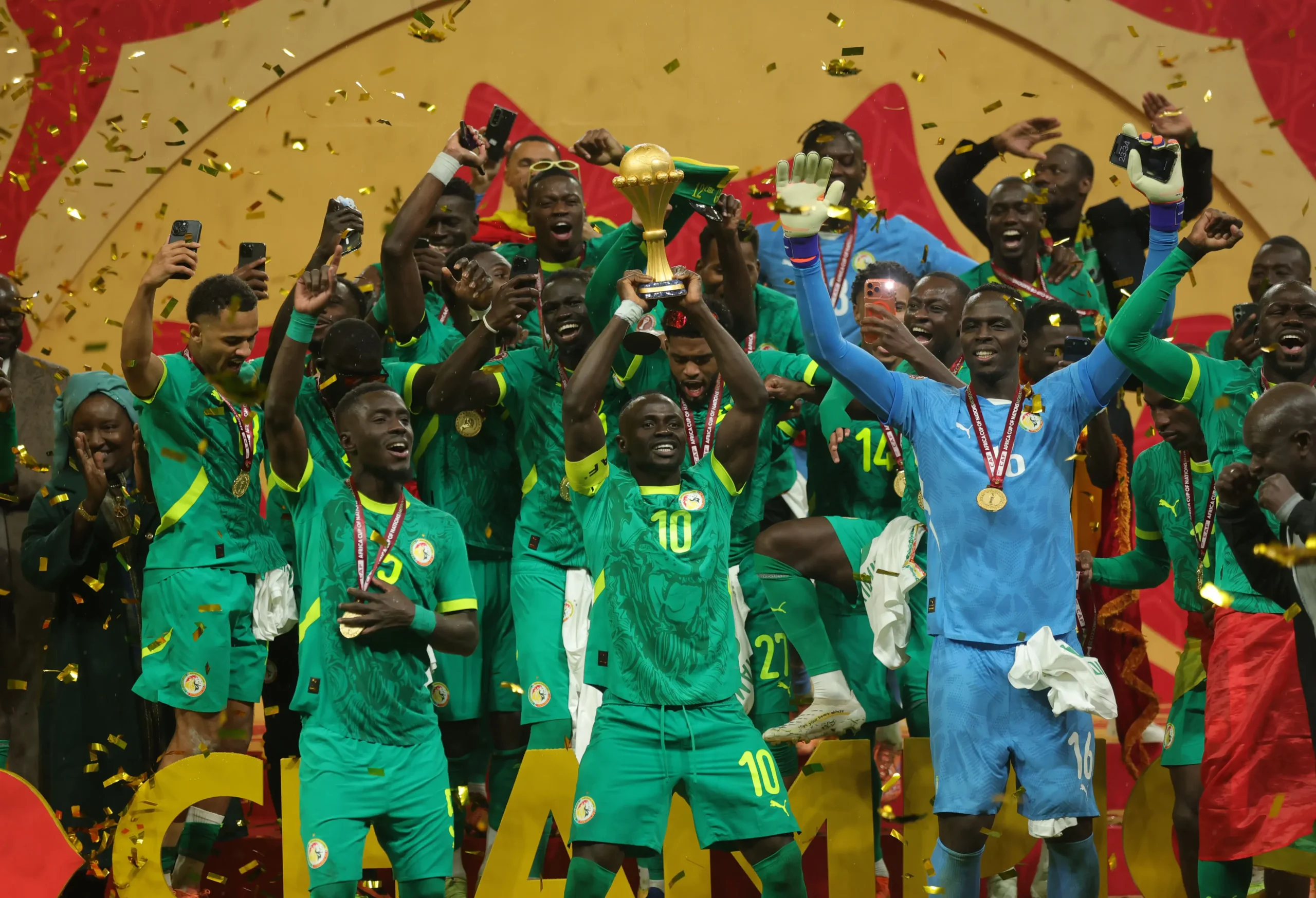
No Comments